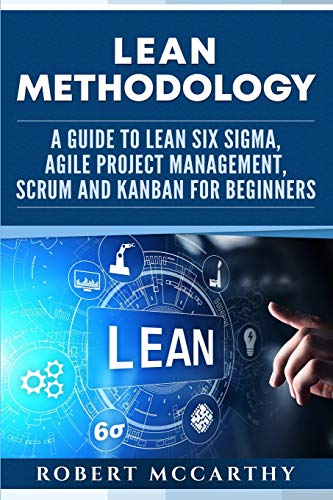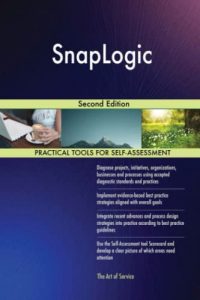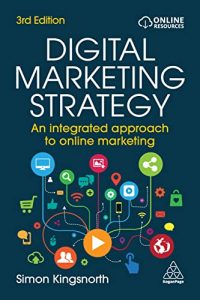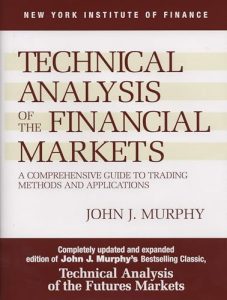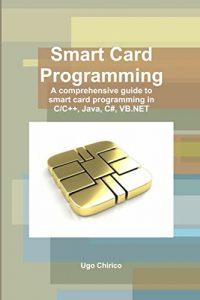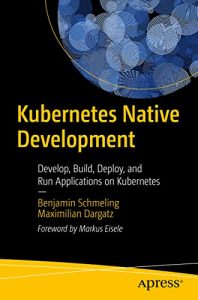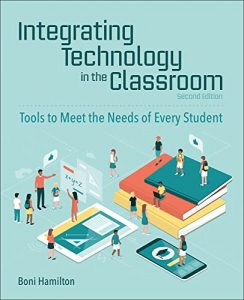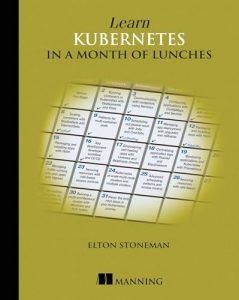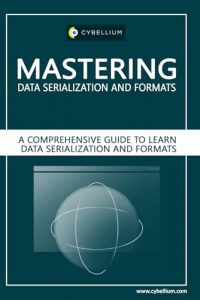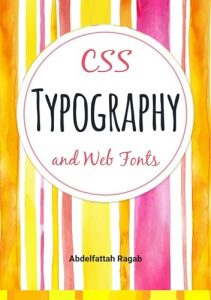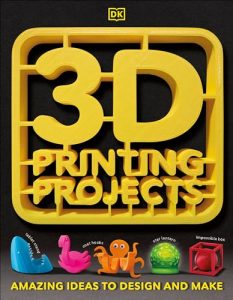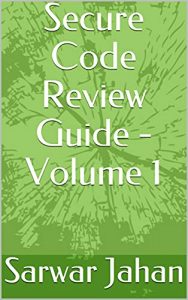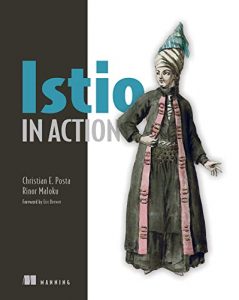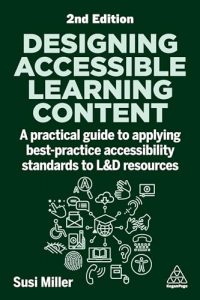1. Lean Methodology: A Guide to Lean Six Sigma, Agile Project Management, Scrum and Kanban for Beginners (Lean Thinking)
Written by Robert McCarthy, this book serves as a comprehensive introduction to Lean Six Sigma and Agile Project Management. It expertly navigates complex methodologies, making them accessible for beginners. With clear insights into Scrum and Kanban, it guides you through practical applications that can help any project manager enhance efficiency and productivity. If you aspire to streamline your processes and reduce waste in your projects, this illuminating read is essential. With its engaging style and practical tips, you’ll be eager to implement what you learn immediately.
2. Sprint Your Way to Scrum: 50 Practical Tips to Accelerate Your Scrum
Bonsy Yelsangi and Valerio Zanini provide a treasure trove of practical strategies in their book “Sprint Your Way to Scrum”. With 50 practical tips, this book promises to enhance your Scrum practices instantly. It’s concise yet packed with valuable insights that can accelerate our projects’ efficiency. The authors make Scrum not just easy to understand but utterly actionable, making it a must-read for anyone looking to improve their agile methodology dynamically.
3. Scrum Fundamentals: A Beginner’s Guide to Mastery of The Scrum Project Management Methodology (Scrum Mastery)
Authored by Jeff Cohn, “Scrum Fundamentals” offers a beginner-friendly approach to mastering the essential Scrum techniques and principles. This guide focuses on the core values and practices of Scrum, making it easy to grasp even for those entirely new to agile methodologies. Cohn’s expertise shines through, providing insights that empower readers to effectively implement Scrum within their teams, making it a worthwhile investment for aspiring project managers.
4. Agile Methodologies In-Depth: Delivering Proven Agile, SCRUM and Kanban Practices for High-Quality Business Demands
Sudipta Malakar’s “Agile Methodologies In-Depth” dives deep into the practices of Agile, Scrum, and Kanban, providing detailed strategies for delivering high-quality business outcomes. This book does an excellent job of explaining the nuances of agile methodologies, making it suitable for both beginners and seasoned professionals. Through various case studies and practical examples, readers will gain a robust understanding and the ability to apply these methodologies to real-world situations.
5. Project Development Methodologies: Waterfall, Incremental, Iterative, Spiral, Lean, Kanban, Agile, Scrum, and the rest
William Stewart’s “Project Development Methodologies” is the ultimate guide for anyone wanting to understand various project management approaches. By comparing popular methodologies such as Waterfall and Agile, Stewart offers insight into their pros and cons, allowing readers to choose the best strategy for their unique projects. It’s a comprehensive resource that should be on every project manager’s bookshelf.
6. Essential Scrum: A Practical Guide to the Most Popular Agile Process
Known for its clarity and comprehensiveness, Kenneth S. Rubin’s “Essential Scrum” stands out as a crucial resource for understanding this Agile process. The book focuses on actionable insights that can help you implement Scrum effectively in your organization. The extensive real-world examples complement the practical guidance and are perfect for both newcomers and experienced practitioners wanting to refine their Scrum practices.
7. Agile Project Management with Scrum + Kanban 2 in 1: The Last 2 Approaches You’ll Need to Become More Productive and Meet Your Project Goals
Andrew Sammons, Wilford J Willy III, and M & M Limitless Online Inc. present a dynamic duo of agile practices in one essential volume. This combined approach facilitates increased productivity and better project outcomes, equipping readers with a toolkit to make their project management strategies more effective. If productivity and efficiency are your goals, this book is an invaluable resource.
8. Scrum: a Breathtakingly Brief and Agile Introduction
In this concise guide, Chris Sims and Hillary Louise Johnson simplify Scrum into its most understandable form. Their engaging writing makes the principles of Scrum easy to digest, even for the most time-strapped professionals. This book is perfect for a quick overview of Scrum and is highly recommended for those who need to grasp the concept on-the-fly. It’s like a primer that prepares you for deeper understanding.
9. Lean Six Sigma: Simplified – How to Implement The Six Sigma Methodology to Improve Quality and Speed
“Lean Six Sigma: Simplified” by Greg Caldwell is tailored for anyone wanting to improve their quality processes. This book cuts through the clutter of Six Sigma methodologies to present simple, actionable steps for implementation. Whether you are a novice or an experienced professional, Caldwell’s work is a practical guide to achieving excellence in business processes through Lean thinking—essential reading for anyone focused on quality enhancement in projects.
10. SAFe(R) Scrum Master Exam Companion: Q & A with Explanations
Sujan’s companion guide for the SAFe Scrum Master Exam shines with its robust Q&A format. This book is designed to offer thorough explanations, helping aspiring Scrum Masters achieve certification while deepening their understanding of Scrum principles in scaled environments. This informative guide is valuable for anyone committed to mastering Agile practices at scale.

